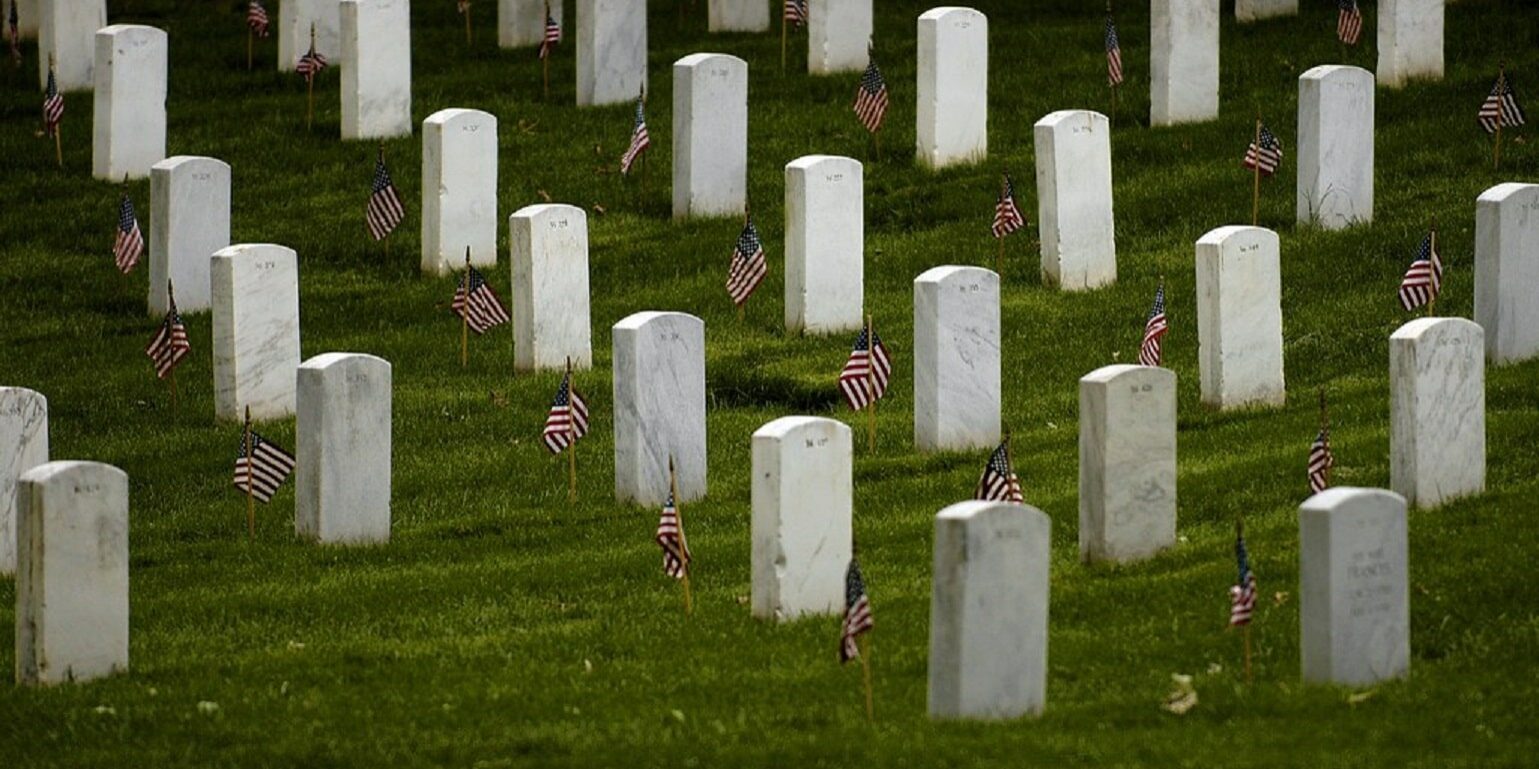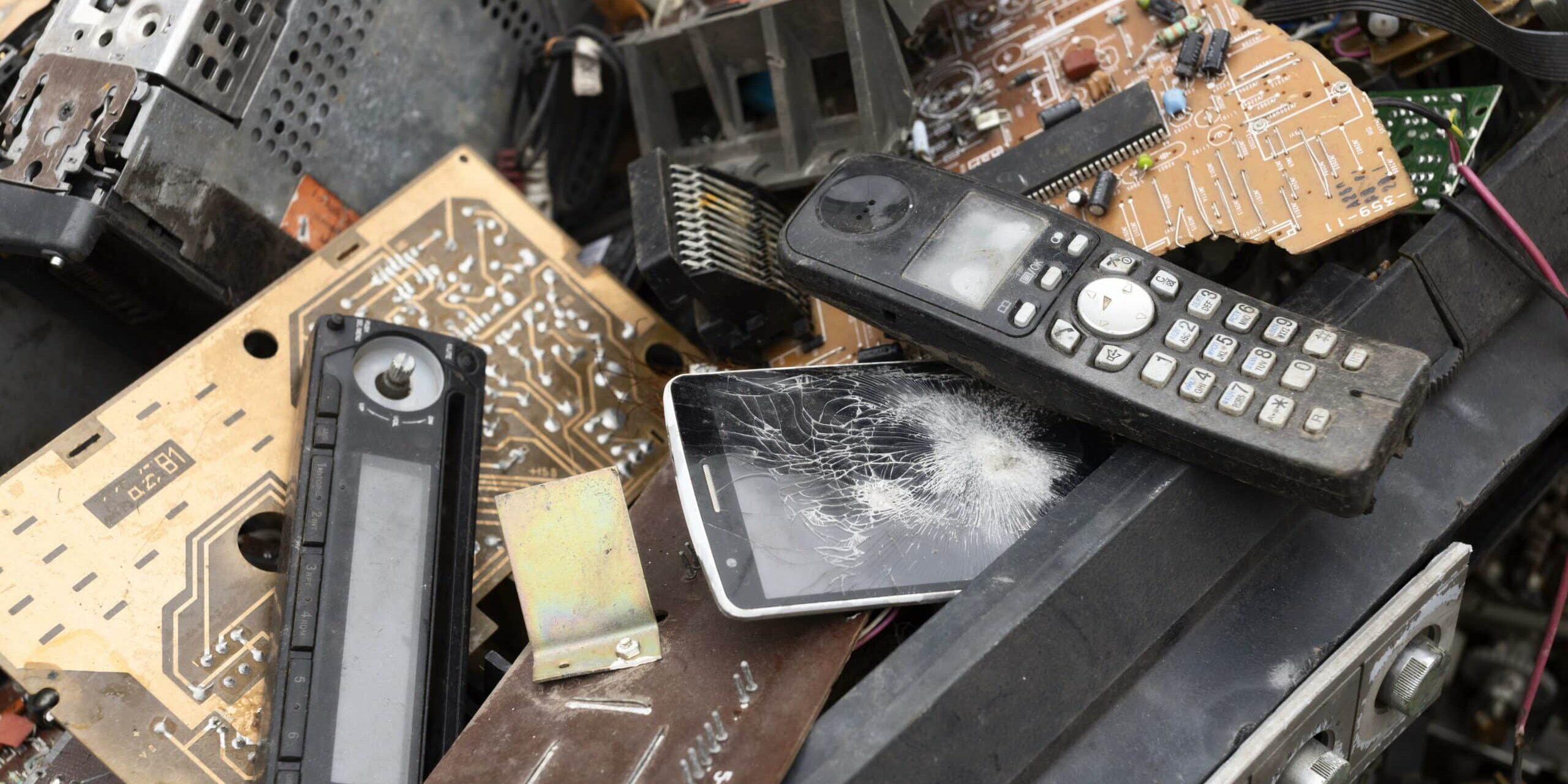
Remember to “spring forward” this Sunday morning. Once again in the past year there have been calls for eliminating daylight savings time. Polling shows Americans widely detest the practice: 75 percent would prefer to end it, according to an October poll by the Associated Press-NORC Center for Public Affairs Research. Some proposals would have us adopting daylight time year-round, while others would retain standard time all year. However, no proposal was considered in Congress.
As Daylight Savings begins, it is a perfect time to “spring ahead to safety” and tackle a few critical emergency preparedness updates for the coming spring season.
- Smoke Detectors and Carbon Monoxide Detectors: All residences are required to have both types of detectors on every level, including the basement, but not the attic or storage areas. Now is a good time to replace the batteries in your detectors and push the test buttons to be sure they’re working properly. Replace your detectors every five years.
- Emergency Go Bags: Be sure to have a basic emergency kit in your home with supplies, food and water to last you and your family for at least three days. Other items like a battery powered radio, flashlights, additional batteries, and first aid kit should also be included. For more information, please visit https://www.ready.gov/build-a-kit
- Emergency NOAA Weather Radio: Spring brings the threat of tornadoes. Make sure you have an emergency weather radio. It’s like having a tornado siren in your home. When it goes off, go to a safe place. Remember, the outdoor warning sirens are only intended for people to hear outdoors.
- National Weather Service Wireless Emergency Alerts: Wireless Emergency Alerts are emergency messages sent by authorized government alerting authorities through your mobile carrier. Government partners include local and state public safety agencies, FEMA, the FCC, the Department of Homeland Security, and the National Weather Service. No signup is required. Alerts are sent automatically to WEA-capable phones during an emergency. For more information, please visit https://www.weather.gov/wrn/wea






















